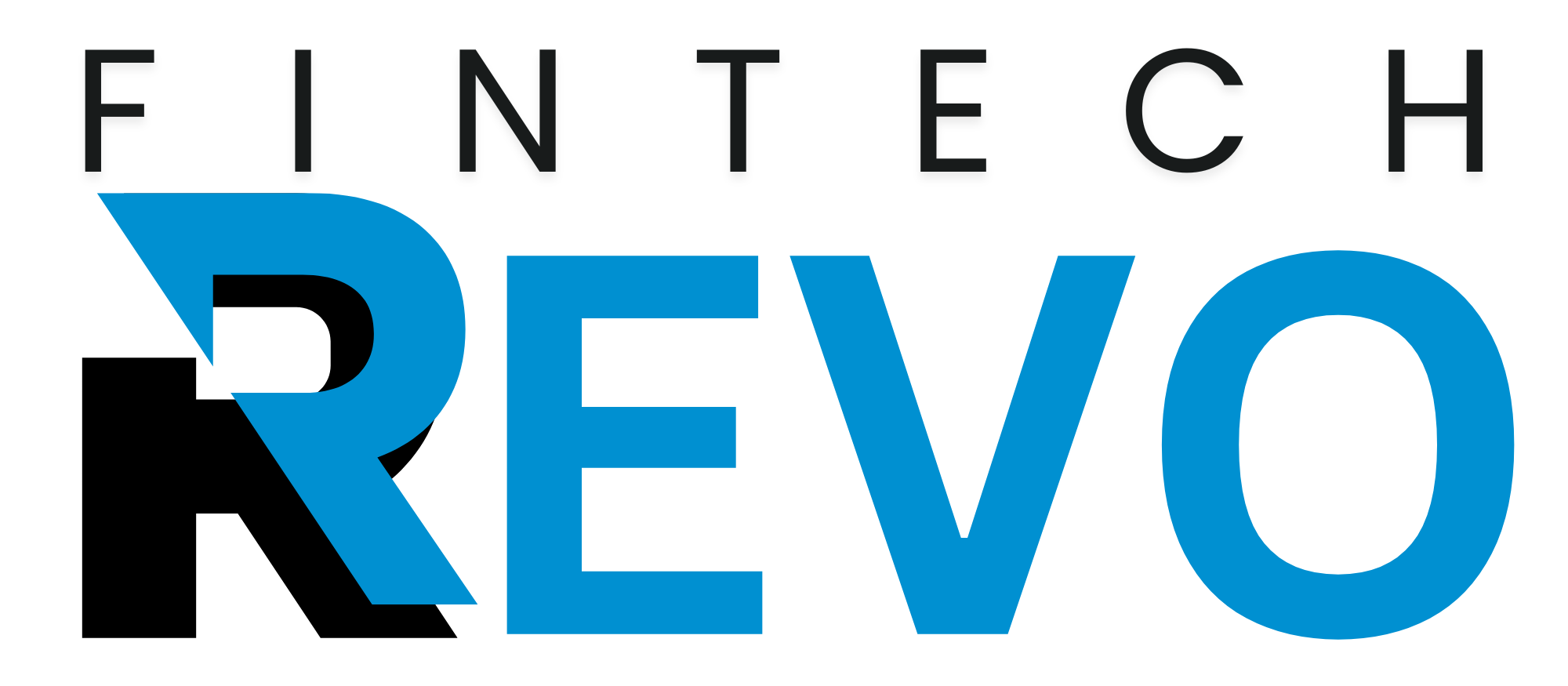Running a business can be stressful when cash is stuck in unpaid invoices. Waiting 30, 60, or even 90 days for clients to settle bills can slow growth and make it harder to meet expenses. That’s where factoring comes in. It’s a simple financial solution that turns your outstanding invoices into immediate cash, letting you focus on running and growing your business.
Let’s take a closer look at what factoring really means, how it benefits your business, and which companies stand out as the most reliable partners in 2026.
10 Best Factoring Companies in 2026
| Rank | Company | Best For | Headquarters | Average Advance Rate |
| 1 | altLINE | Small and midsize businesses | Alabama, USA | Up to 90% |
| 2 | FundThrough | Tech-driven and fast funding | Texas, USA | Up to 100% |
| 3 | Riviera Finance | Non-recourse factoring | California, USA | Up to 95% |
| 4 | RTS Financial | Trucking and logistics | Kansas, USA | Up to 97% |
| 5 | Scale Funding (formerly TCI Business Capital) | Flexible contracts | Minnesota, USA | Up to 90% |
| 6 | Triumph Business Capital | Freight and owner-operators | Texas, USA | Up to 95% |
| 7 | eCapital | Large-scale businesses and asset-based lending | Florida, USA | Up to 95% |
| 8 | Universal Funding Corporation | Mid-sized service providers | Washington, USA | Up to 90% |
| 9 | Kapitus | Alternative financing options | New York, USA | Up to 90% |
| 10 | 1st Commercial Credit | Broad industry coverage | Texas, USA | Up to 95% |
1. altLINE
altLINE is a trusted name under The Southern Bank Company, making it one of the few factoring services directly backed by a financial institution. It focuses on small and midsize businesses across sectors like staffing, wholesale, and manufacturing.
Why businesses choose altLINE:
- Transparent pricing and simple contracts.
- Fast approval and funding turnaround.
- Strong focus on customer service.
Best for: Businesses seeking a bank-backed, straightforward factoring partner with predictable costs.
2. FundThrough
FundThrough is a technology-driven factoring platform designed for speed and simplicity. It connects directly with accounting systems like QuickBooks and lets businesses choose which invoices to fund.
What stands out:
- Instant approvals and same-day deposits.
- Seamless integration with digital invoicing tools.
- Option to fund single invoices (spot factoring).
Best for: Tech-savvy small businesses looking for flexibility and quick turnaround.
3. Riviera Finance
Riviera Finance is one of the oldest and most reliable names in the factoring space. Its biggest advantage is non-recourse factoring, meaning you’re not liable if your client fails to pay (as long as they’re credit-approved).
Highlights:
- Advance rates up to 95%.
- Dedicated account managers and nationwide presence.
- Credit monitoring for clients.
Best for: Companies wanting added protection from client non-payment.
4. RTS Financial
RTS Financial is known for its deep expertise in trucking and logistics. It offers factoring solutions that integrate with dispatch and fuel management services—making it ideal for transportation businesses.
Key advantages:
- Fuel card programs for cash flow and discounts.
- No invoice upload or processing fees.
- Quick approvals tailored for trucking operators.
Best for: Freight carriers and logistics firms needing consistent cash flow.
5. Scale Funding (formerly TCI Business Capital)
Scale Funding emphasises flexibility and scalability, allowing businesses to factor invoices on short-term or monthly contracts. This approach suits companies with fluctuating workloads.
Features:
- Adjustable contract lengths (monthly or yearly).
- Advance rates around 90%.
- Works with staffing, oilfield, and manufacturing companies.
Best for: Businesses that want adaptable agreements without long commitments.
6. Triumph Business Capital
As part of Triumph Bancorp, Triumph Business Capital specialises in freight and trucking but also works with small business owners in other industries.
Why it’s popular:
- Industry-specific tools for truckers.
- Competitive rates backed by a banking institution.
- Excellent account support and transparent funding process.
Best for: Owner-operators and transport companies seeking reliable funding partners.
7. eCapital
eCapital provides a broad range of financial services including invoice factoring, freight financing, and asset-based lending. It’s a great option for larger businesses with diverse needs.
Key offerings:
- International reach across the US, UK, and Canada.
- High advance rates and scalable solutions.
- Support for freight, staffing, and manufacturing sectors.
Best for: Medium to large companies requiring customised funding options.
8. Universal Funding Corporation
Universal Funding Corporation works with businesses that issue consistent invoices but face slow payments from clients. It’s known for personal service and flexible funding structures.
Benefits:
- Quick setup and transparent pricing.
- Ability to fund invoices within 24 hours.
- No minimum or maximum monthly invoice requirement.
Best for: Small to midsize service-based companies.
9. Kapitus
Kapitus offers multiple financing options, with invoice factoring being one of its most popular. The company caters to growing businesses that need quick access to working capital without taking on traditional debt.
Advantages:
- Combines factoring with other financing products.
- Fast online applications and funding.
- Clear fee structure.
Best for: Businesses looking for short-term, alternative financing solutions beyond banks.
10. 1st Commercial Credit
1st Commercial Credit serves a wide variety of industries, from manufacturing to staffing and distribution. It offers both recourse and non-recourse factoring options.
Notable points:
- Simple application process with fast approval.
- Funding for both startups and established firms.
- No long-term contracts or hidden costs.
Best for: Businesses seeking straightforward and scalable factoring options.
What Is Factoring and Why Businesses Use It
Factoring is when a business sells its unpaid invoices to a third-party (called a factoring company) at a small discount in exchange for immediate cash. Instead of waiting months for clients to pay, you receive most of the invoice value upfront.
This approach helps you:
- Keep a steady cash flow.
- Pay employees and suppliers on time.
- Avoid taking out loans or increasing debt.
- Continue operations without interruption.
For example, if you issue an invoice for $100,000, a factoring company might advance you $90,000 immediately. Once your customer pays the invoice, the company sends the remaining balance (minus their small fee).
How to Choose the Right Factoring Company
Not every provider suits every business. Here’s what you should evaluate before signing a contract:
- Advance Rate: How much cash will you receive upfront? Typical rates range from 80% to 95%.
- Fees: Understand the discount rate and any additional costs for setup, transfers, or maintenance.
- Contract Terms: Look for flexibility—some providers require you to factor all invoices, while others allow selective funding.
- Recourse vs Non-Recourse: Decide whether you want to keep liability for unpaid invoices or transfer it to the factoring company.
- Industry Fit: Choose a firm that understands your sector’s payment cycles and risks.
- Funding Speed: Some companies fund within hours, while others take a day or two.
- Customer Support: Reliable service matters. You want a partner that responds quickly to queries.
- Technology & Integration: If you use accounting software, pick a company that integrates with it.
Practical Example
Let’s say you’re a small manufacturing firm waiting on $200,000 worth of invoices from retailers. Payroll and material costs can’t wait, so you turn to a factoring company.
- They approve your invoices and advance 90%, giving you $180,000 immediately.
- When your client pays, the factoring company sends you the remaining $20,000 minus a small fee (let’s say 2%).
- You’ve now managed operations smoothly without taking on any debt.
This is how factoring keeps cash flow steady and business operations uninterrupted.
Final Thoughts
Factoring can be a smart move for businesses that face cash flow gaps due to slow-paying clients. The key is to pick a reliable partner with transparent fees, fair terms, and industry experience.
From this list, altLINE, FundThrough, and Riviera Finance are excellent starting points for most small and midsize firms. If your business operates in freight or logistics, RTS Financial and Triumph Business Capital are strong contenders.
Before deciding, compare proposals from at least two companies, review their fee breakdowns, and ensure the agreement matches your growth goals. With the right factoring partner, your invoices become an engine for business stability—not a source of stress.
Source: https://fintechrevo.com/
Important Questions
What’s the difference between invoice factoring and accounts receivable financing?
Invoice factoring involves selling your invoices to a third party for immediate cash, while accounts receivable financing uses your unpaid invoices as collateral for a line of credit. With factoring, the company typically manages collections; with financing, you retain control of invoice payments.
How do factoring companies determine the discount rate for invoices?
Factoring firms assess several factors, including your client’s payment history, the invoice amount, industry risk, and the average payment term. Businesses with reliable clients and shorter payment cycles usually receive lower fees compared to those in high-risk sectors or with longer terms.
Can startups qualify for invoice factoring without an established credit history?
Yes, many factoring companies evaluate the creditworthiness of your customers instead of your business. This makes factoring an accessible funding solution for startups or businesses with limited financial history, provided their clients have good payment records.
What are the potential downsides of using a factoring service long-term?
While factoring improves short-term liquidity, long-term dependency can reduce profit margins due to recurring fees. Some contracts may also limit your ability to switch providers or include minimum volume commitments. It’s important to compare contract flexibility and termination policies before signing.
How does non-recourse factoring protect businesses from client defaults?
In non-recourse factoring, the factoring company assumes the financial risk if a client fails to pay due to insolvency. This option offers greater security but often comes with slightly higher fees. Businesses working with clients that have uncertain payment behaviour tend to prefer this arrangement.






